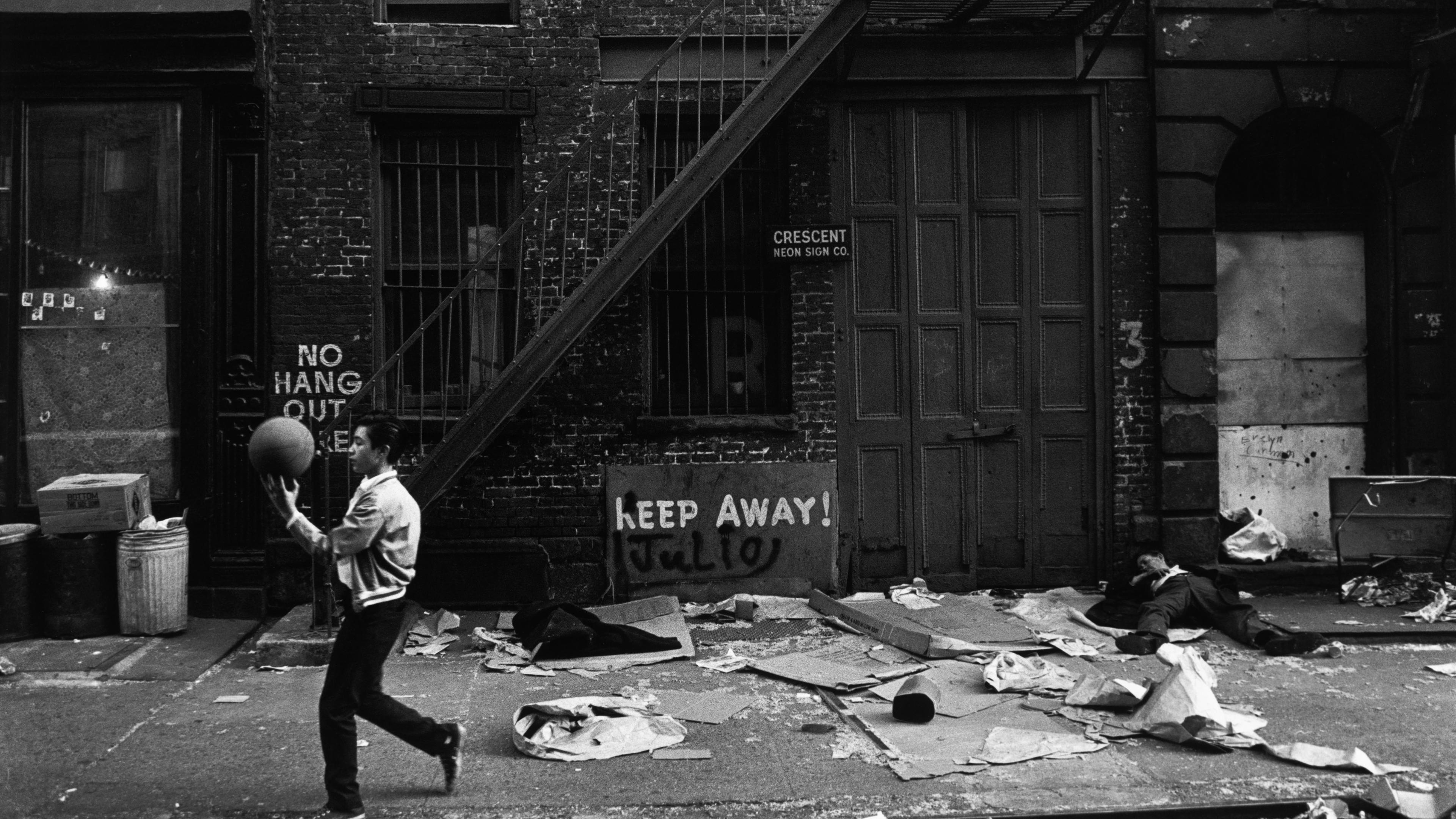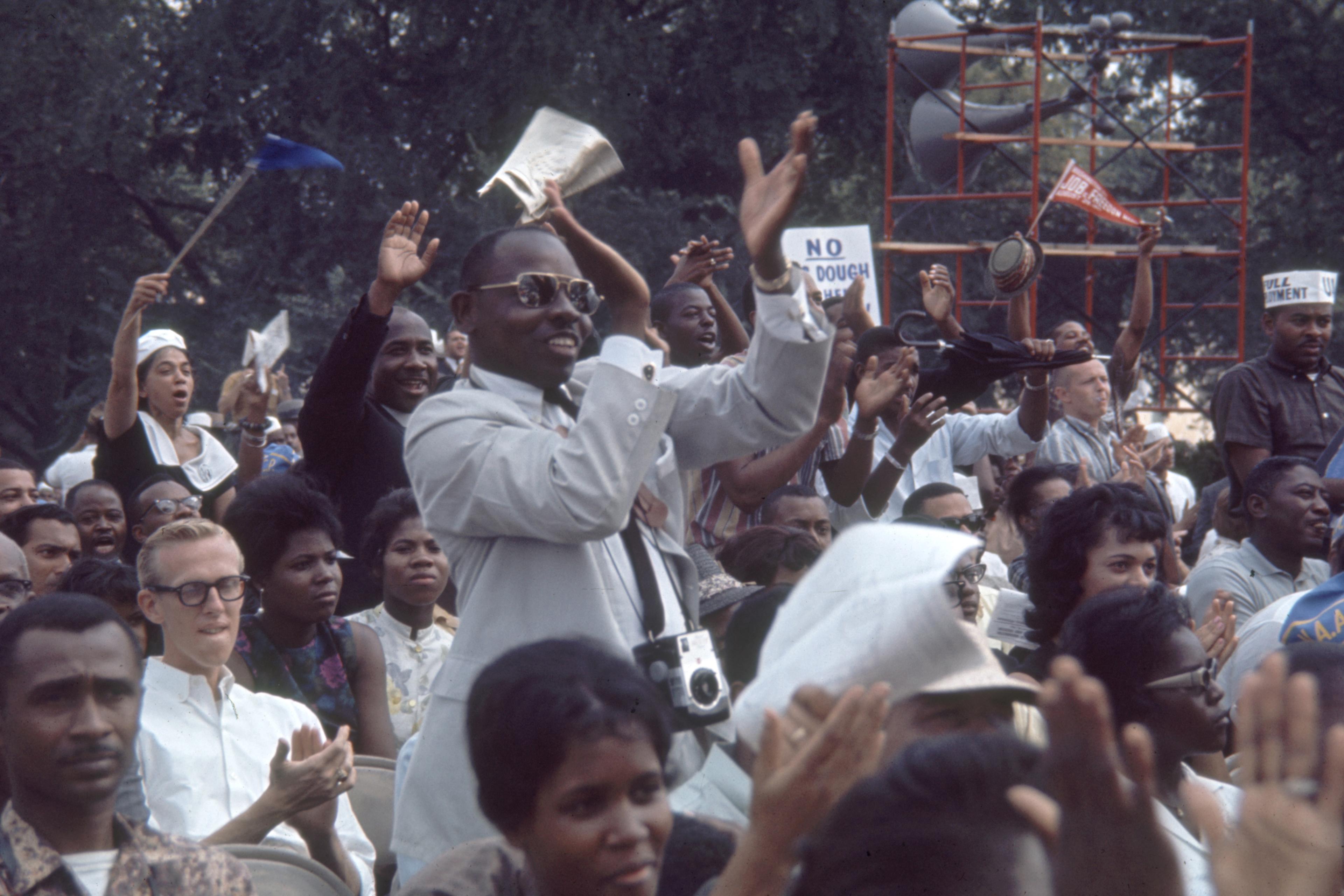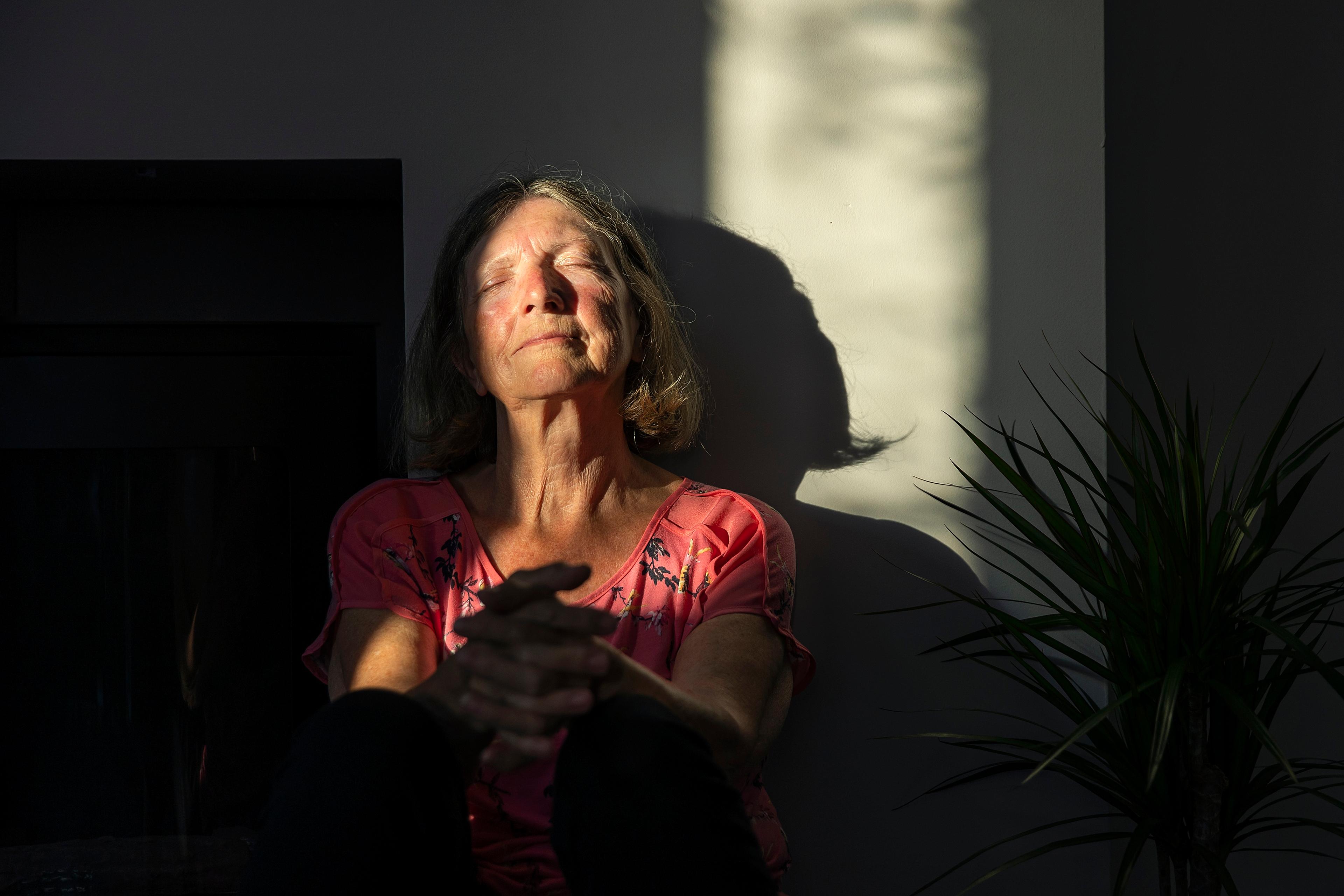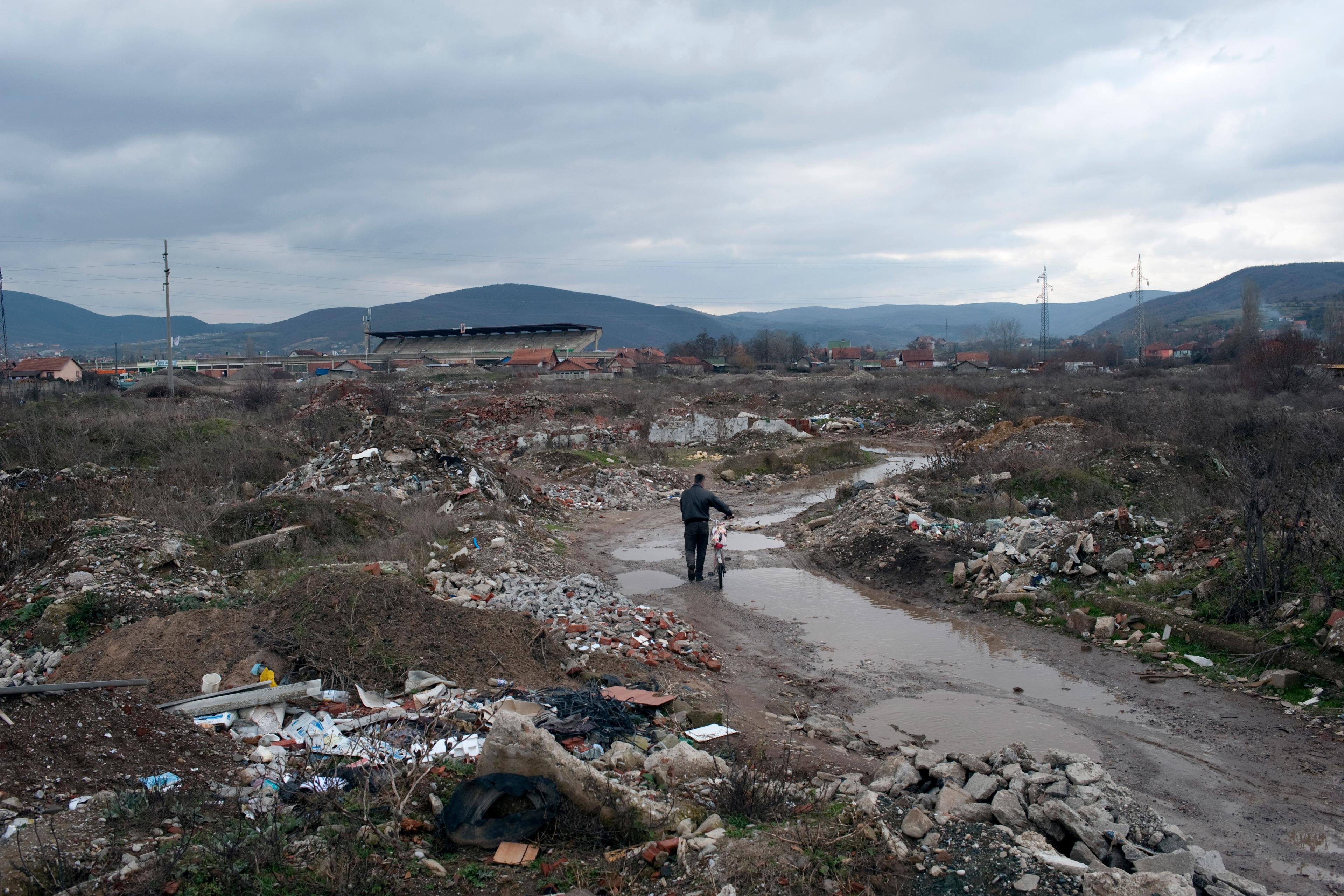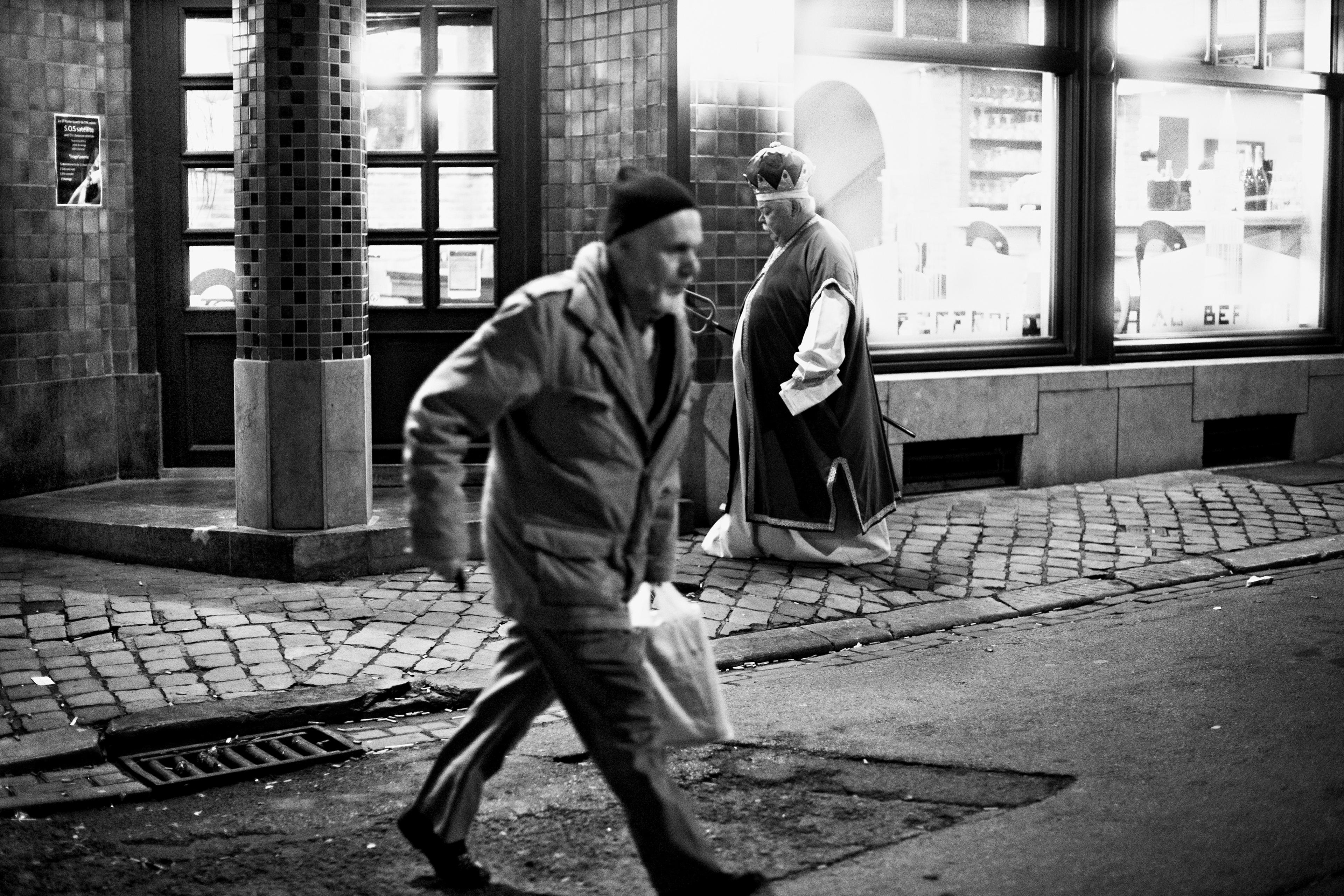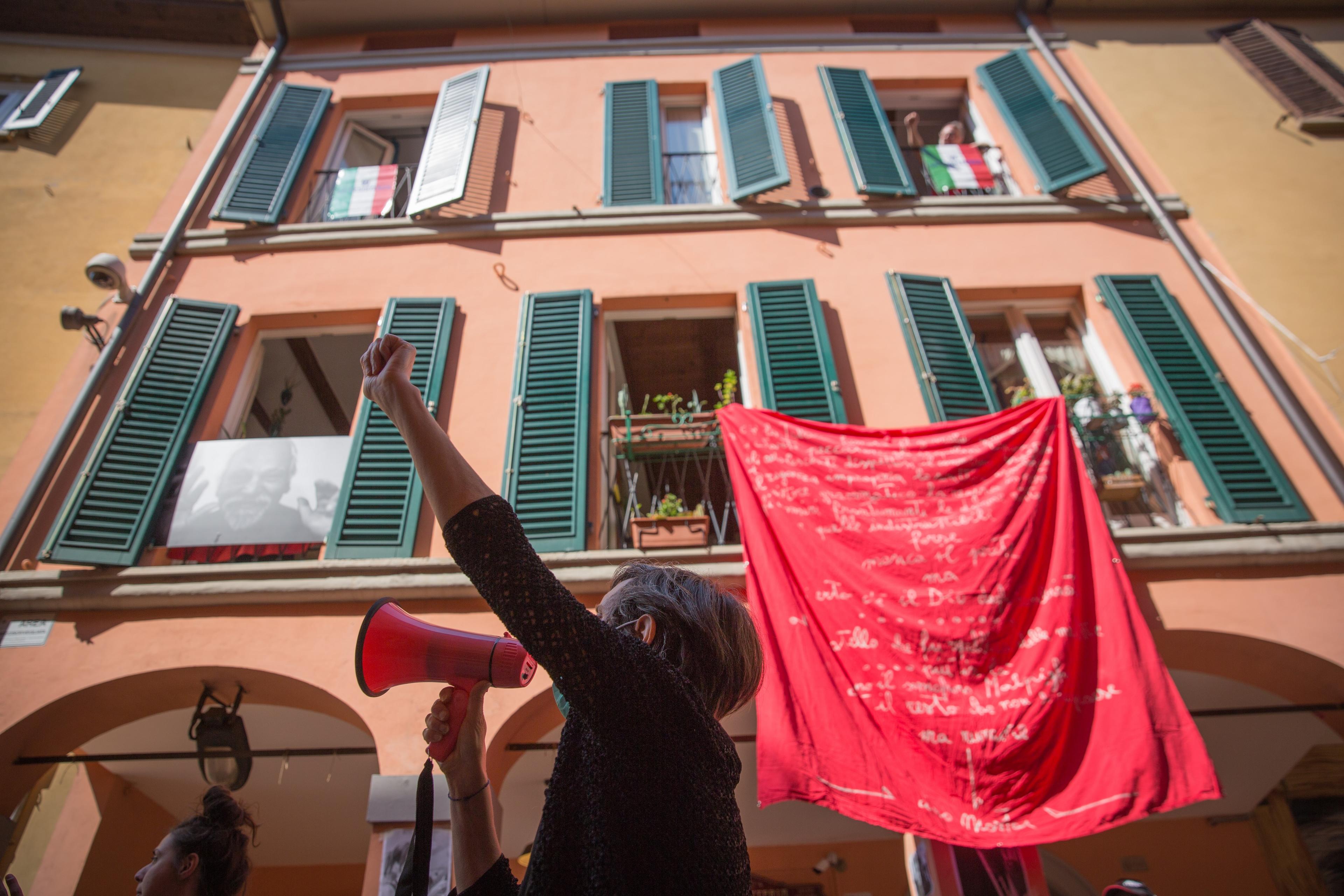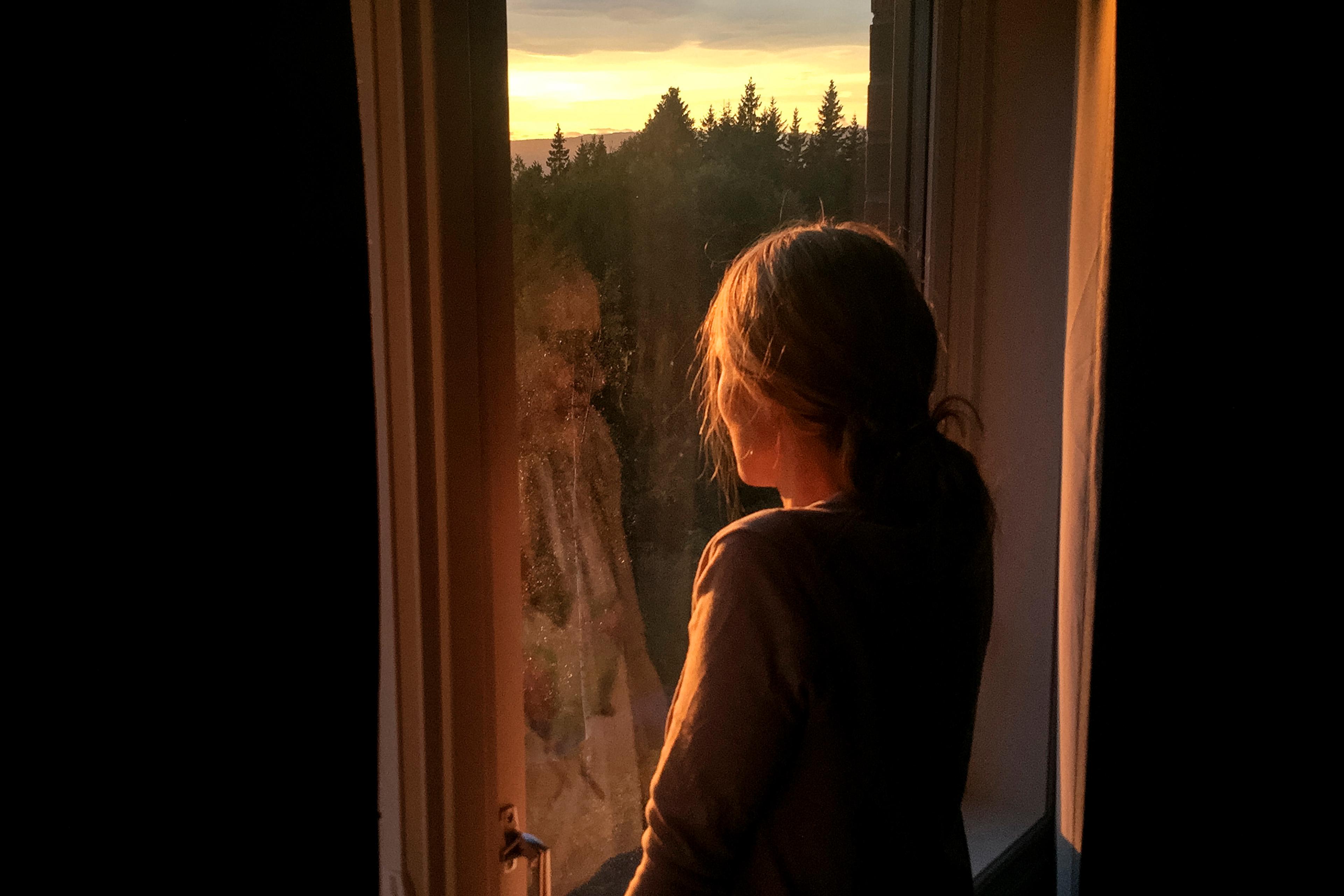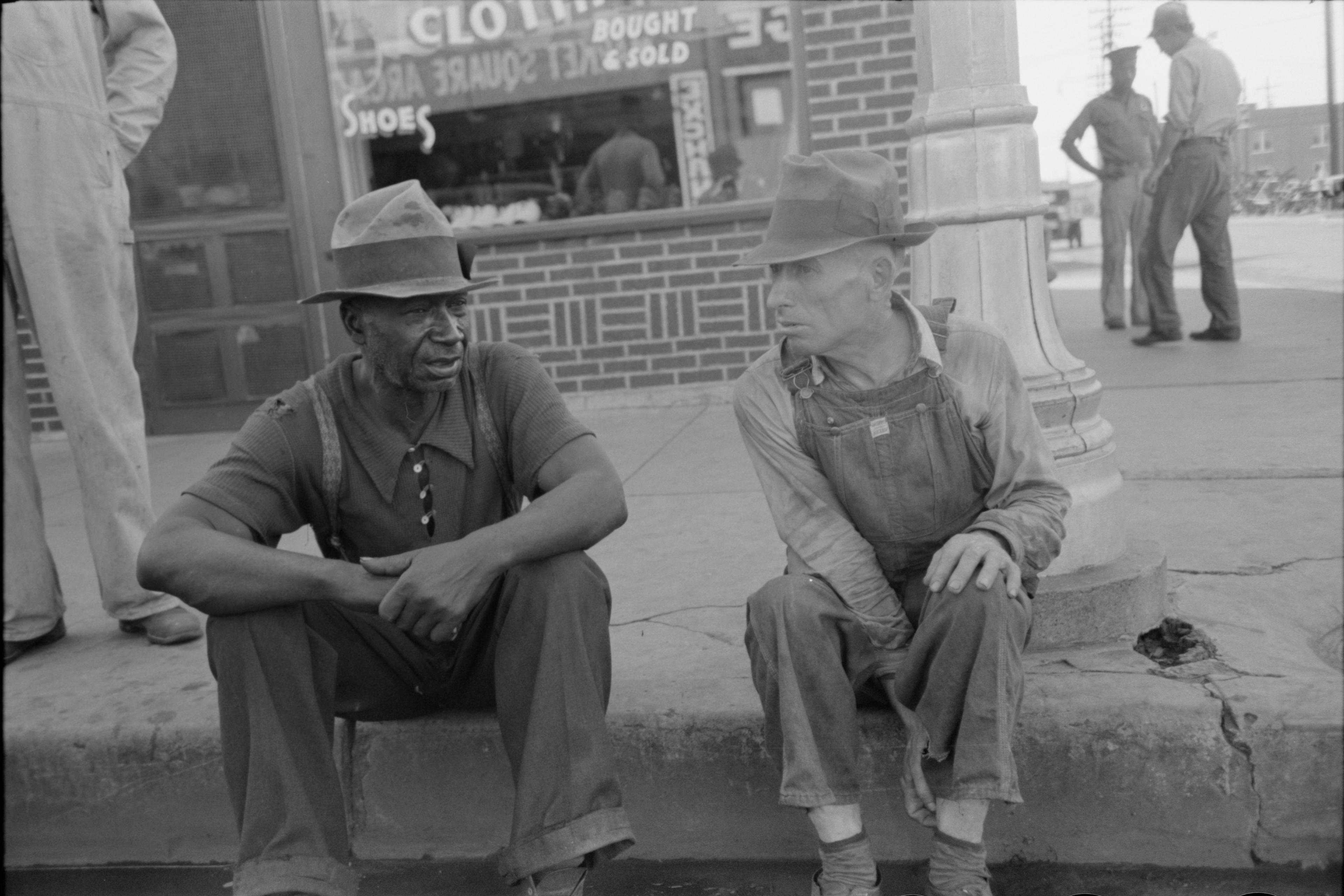Hope is vitalising. When it pulses, we aspire toward better futures and conspire with what we have and have been. In its absence, we often grow listless, even court despair. I thus want to defend hope, underscore what we gain in its grip and lose when it dissolves. But I also want to buoy it, to buoy you. Hope is a dependent phenomenon and, while we cannot hope for one another, we can lift, lower or deflate spirits. Our days are both rough and slippery. Hope brings traction. As an erotic investment in the finite, we come into our own in hope, and bloom as no rose ever could.
I think of hope as a mood in the epistemically rich sense championed by Ralph Waldo Emerson and Martin Heidegger. Along with Katie Stockdale’s Hope Under Oppression (2021) and Andrew Chignell’s ‘The Focus Theory of Hope’ (2023), I think hope refracts how situations appear – including, I would add, how we appear to ourselves, and as agents. In hope, the possible glistens and we ready ourselves. We even prove more inventive than we otherwise would be. Hope also inclines us toward action should the opportunity arise. Hope therefore transforms some of what it discloses, namely, powers and possibilities. Its grip galvanises agency and intensifies potentiality.
But don’t let the language of ‘mood’ trap you in neat distinctions between the cognitive, the conative and the affective. Like our lives in their everydayness, hope is all of these, and in a way not quite voluntary or involuntary, which thereby eludes another common distinction. We can fan our hopes, but sometimes its flames flicker and die no matter what we do. It is a marvel that something so intimate, so vital for robust agency has currents we ride rather than generate.
When present, hope modulates our temporal nature, as does its contrary, despair. I stress ‘when present’ because I am not always on the hope/despair continuum. Life is often habitual, matter of fact and, in those interactions, the uncertainty that is constitutive of hope does not arise. Nor does the acute sense that we cannot secure what we desire. And herein lies the power of hope: it helps us act in the face of finitude understood as a roux of dependencies and limits, including ignorance and uncertainty, weakness too.
Despair, also a mood, is different. Looking at the ‘smile of my seventh year’, Anne Sexton writes in ‘Baby Picture’ (1974), ‘I am aging without sound,/into darkness, darkness.’ The second darkness evaporates the poem’s lyrical present and eclipses the speaker’s future. It also breaks my heart. Reading it aloud, I feel the poem crumbling in my mouth. Hope’s contrasting, generative dynamism is figured in Lucille Clifton’s poem ‘turning’ (1987), which deploys the title term four more times in a poem of 41 words, underscoring the motion of articulated speech. The speaker is always turning away, and into, and away again – the last line refuses a period. Into? The poem says: herself. Her own self. From? According to the poem: ‘the white cage’ and ‘the lady cage’. But not away from time ‘turning at last/on a stem like a black fruit/in my own season/at last’. This is hope: an inceptual, transformative current that helps us navigate and ripen in rich historical currents, whose undertow can overwhelm.
Some fear that hope, sliding into wishful thinking, can postpone rather than initiate action. No doubt. What can’t we mishandle? Hope is insufficient for action. We need know-how and know-that, and our capacities dilate when charged by courage, nurtured by love, and favoured by luck. Like everything we do, hope and what it sponsors is dependent, hence vulnerable to undermining forces. But dependency is also a condition of increased power for those able to conspire, and so hope, like trust, manifests how marvellous life can be for vulnerable, dependent beings. Blessed are the heteronomous, for they too might change.
While moody, hope remains reason responsive. Waiting for and labouring toward any outcome involves opportunity costs. Hoping for a beloved to love one in return may squander other, more welcome possibilities, and realising that may dampen our hope, even evaporate it. Other times we learn about what the pursuit or fulfilment of certain hopes entails, which leads us to drop them, even oppose them. Imagine a philanthropic gesture designed to obscure the unjust, if not quite criminal, origins of how that wealth was acquired. Learning about those origins turns a budding, new horizon into yet another complicity we elect to oppose. Such examples show, I think, that even as hope helps us navigate the world, we also must navigate hope. But that is how it is with moods and dispositions. Their affective current is also charged with, and open to, reflection, deliberation and commitment, and we risk weakening that current with overly neat distinctions. Aristotle is famous for requiring only that precision afforded by our object. We should add that unwarranted precision risks leaving us worse than we might otherwise be.
Heavier worries haunt hope, however. Are the hopeful naive? The white cage, the lady cage, products of a cruel, inverted alchemy, often seem unbreakable even when they are visible. Hope is wedded to life in its everyday concreteness, what Heidegger terms the factical. We don’t hope for the impossible. And because hope requires one to conspire with how one is positioned in the world, one might refuse it. But every present is a varied affair involving multiple, overlapping contexts. Like my colleague Calvin Warren in ‘Black Nihilism and the Politics of Hope’ (2015), one might support withdrawing from a particular scene of hope, say formal politics, because the demos seems white supremacist in a manner that democratic politics cannot redress. But that is compatible with finding hope in other arenas impacted by, but never wholly inside, politics, such as love, family, friendship, writing too. Even critiques of hope, written with care, have hopes for the exchange of letters and what that might generate. It would be odd to deliberate about how to pen a letter we were certain would never arrive.
But maybe that’s wrong. The hopeless might take a stand that at least preserves their sense of personal dignity. And while this may require courage in an almost textbook sense, does it require hope? I’m uncertain. I think we can, do, and should hope that our own efforts to uphold our deepest values will succeed. Motivations are murky catalysts, and we often don’t know how we will respond in highly charged situations. But I get the point. One might minimise one’s ties to large tracts of the factical given their recurrent hostility to one’s wellbeing. Should one? I cannot settle that for another, for you. I cannot hope for you, only try to fan it, dampen it, or just leave you alone, possibly out of respect, hopefully not out of indifference. And I can always try to live in a way that tilts the odds in another’s favour. But whatever I do, hope will remain a quirky, fragile thing. Disposed toward the possible, hope includes probability assessments and, here, people diverge, as the literature notes. One in a million is a chance worth taking for some, a fool’s errand for others, and that difference might reflect different experiences or temperaments, degrees of social connectivity, or a change in the weather. Ethics misses the mark if it tries to declare categorically who should have hope and for what.
Hope’s power is that of turning found selves into emerging selves
There is another way to be disposed toward possibility, however. Sometimes, we find ourselves in the realm of the possible but without credible probability assessments. I might wish for world peace, but I have little to no sense of the degree to which that is possible, even though I have a sense of what that would entail. Like Adrienne Martin in How We Hope (2014) and Melvin Rogers in The Darkened Light of Faith (2023), I think ‘faith’ does a better job of naming an orientation toward an objective that either seems impossible or lies in a future whose likelihood exceeds my calculative powers, say the possibility that ‘we the people’ might become genuinely inclusive in US politics, which is Rogers’s focus as he recounts and furthers a Black Republican tradition. Not that ‘faith’ and ‘hope’ couldn’t be used interchangeably as one looks forward to realising that more perfect union. But the distinction strikes me as clarifying. Faith preserves agency in scenes of incalculability, even impossibility, while hope circulates among ascertainable limits, contending and conspiring.
What about when the end itself seems unthinkable? Jonathan Lear in 2006 has written of radical hope, thinking of what the Native American tribe the Crow required to survive fatal illnesses, forced relocation, and recurrent betrayals by the US government. The task is radical because the activities through which the Crow had historically enacted their complex identity had been either rendered impossible or confined within the boundaries of the reservation. In such cases, despair no doubt looms and whatever hope flickers amazes. It might also prove heroic, almost making something out of nothing. But however heroic it proves, it also will prove mundane, fed by the daily care work that allows communities to sustain and renew themselves, whether they yield exceptional results or not. Hope’s power is that of turning found selves into emerging selves, locating the next verse in the prose of the current one.
Radical hopes are singular, both in what they endure and whatever future they bear. But they also disclose something general: hope aspires for something better than would otherwise be. And this is integral to hope’s beauty. Through it we pursue our betterment without abandoning or erasing our finitude. And yes, it puts us in harm’s way. But one must be careful not to claim too much against hope, as Hesiod seems to do when he keeps elpis (contestably translated as hope) in Pandora’s ‘box’ (more aptly translated as barrel). The classical Greek mind, or a portion of it, was committed to a cosmic fatalism, which leaves us to find our place in the ensuing drama, not hope for singular outcomes that might prove more likely through our striving. As Ernst Bloch noted in The Principle of Hope (1959), hope rejects any metaphysics that claims to have conclusively charted the possible, which hope inhabits in its indeterminacy.
Like Emerson, from whom he may have taken the image, Rainer Maria Rilke celebrates the rose, which is ‘no one’s sleep under so many lids,’ a line that adorns his tombstone. Because it need not strive but just is, the rose belongs to the world in a manner Rilke found becoming. Hope is a flower of a different order, one that blooms in a striving acknowledgment, even celebration, of finitude and whatever we can bear through its innumerable relations.
